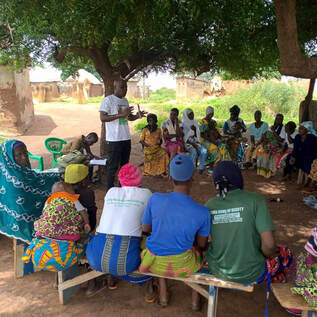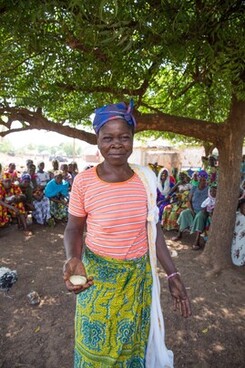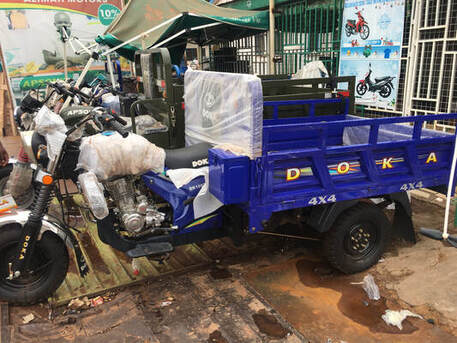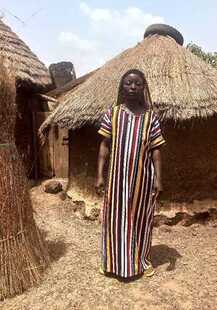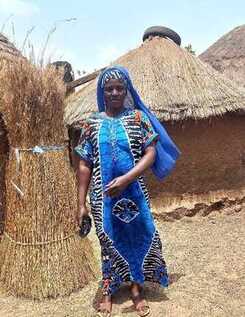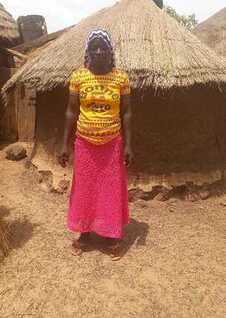our why
|
Most community members in our partner villages are subsistence farmers who raise corn, rice, yam, and peanuts for their families. Unfortunately, changing rainfall patterns, declining soil health, and global food and economic issues are all contributing to rising food insecurity.
Women are responsible for obtaining water from standing ponds, collecting firewood, and often work very long hours under difficult conditions. When they have the opportunity to farm, most work is done by hand and access to modern equipment, such as tractors, is rare. At the request of the women's organization, we supported the creation of a women's agriculture project to help women increase harvests and to reduce malnutrition of children under age 5. |
women's agriculture project
|
There are 20 women farmers from three villages in this very popular program. Each participant is provided with a rented tractor to plough one acre of land, seeds, and other supplies. The women also receive sustainable agriculture training from a local expert.
With these additional inputs and support, the women have improved their yield and diversified their crops. In the future, we hope to expand the program to include more women from all nine villages and broader agricultural training. We also hope to provide grants for women who are interested in processing locally farmed and collected peanuts and shea nuts into butters that can be sold in local markets, as seen in the photo on the left. |
reducing food loss with king motos
|
One challenge for women farmers in this region is transporting supplies and water to the farms and harvested produce from the farms back to their homes. Farms are located several kilometers from each village and women must carry most of their harvest themselves. As a result, a great deal of food is lost to rotting and infestation before it can be harvested.
To address this challenge, the women's group requested that we purchase King Motos so they can have a motorized method for transporting goods more quickly and safely. These vehicles can drive through the sandy soil and can be used for repeated trips to the farms. We have purchased two Motos, which are being tested in two villages. If they successfully increase yields and can be maintained through the season, then we hope to purchase additional vehicles. |

